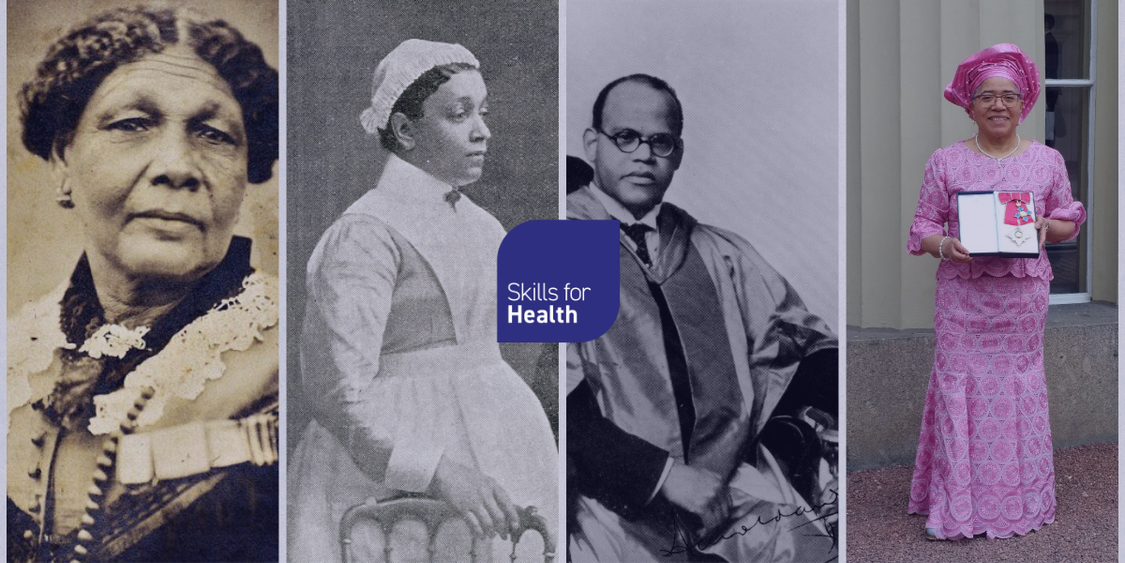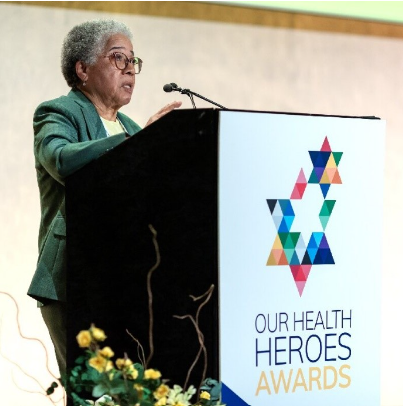
| 2 October 2024
There have been some incredible black pioneers throughout history; carrying out revolutionary work within medicine. Not only are these individuals remarkable due to their significant discoveries or dedication in the field, but also due to the climate of adversity that they have worked in, and hardships faced. Racism, prejudice and discrimination have all been prevalent in these people’s lives and despite this they were still able to overcome setbacks and make a considerable impact. This article reviews several black pioneers and the contribution they made to medicine and society.
Mary Seacole (1805-1881)
Born in Jamaica, Mary Seacole travelled to England following the outbreak of the Crimean War where she applied to be an army nurse. However, despite her medical background, her application was refused. Not allowing this to stop her, Seacole travelled to Crimea alone where she established a refuge for soldiers, the British Hotel. Here she tended to those that were sick, injured, and convalescing whilst also making visits to the frontline.
After the war, Mary returned to England where her contributions were widely celebrated, however largely forgotten following her death in 1881. It wasn’t until the 21st century that Britain recognised her achievements again, with a memorial statue of Seacole being erected at St. Thomas’ Hospital in London in 2016 following a long campaign led by Lord Soley and Dame Elizabeth Anionwu.
Annie Brewster (1858-1902)
Annie emigrated to South London in the 1860s, from her native St Vincent in the Caribbean. She began a career in nursing, working at the London Hospital in Whitechapel, home to an impoverished and culturally diverse community. Due to her medical skills and incredible work ethic, Brewster rose up the ranks quickly, finding herself as the nurse in charge of the Ophthalmic ward in 1888. It was during this period that she became known as ‘Nurse Ophthalmic’ due to her amazing care and capabilities in treating those with eye conditions.
Annie died aged 43 after an emergency operation. In 2018, she was publicly recognised during the 70th anniversary of the NHS, when her photograph was projected onto the side of the Royal London Hospital.
Dr Harold Moody (1882 – 1947)
A physician, humanitarian and anti-racist campaigner, Moody was born in Jamaica and in 1904 travelled to England to study at King’s College London. Despite his academic achievements, he was denied work due to racial prejudices. This led to Moody establishing his own practice in Peckham in 1913.
Motivated by the injustices he and others faced, Harold became a founder of the League of Coloured Peoples, a group that challenged racial discrimination and fought for equality. His work saw him campaign for lifting the colour bar in the British armed forces, fair wages for Trinidadian oil workers as well as employment rights for black seamen.
Moody fell ill and died in 1947 upon returning from a five-month tour of the West Indies and America to raise money for a cultural centre in London. The Race Relations Act 1965 – the first legislation in the UK to prohibit discrimination on the grounds of colour, race, ethnicity, or national origins – was credited to him because of his campaigning.
Dame Elizabeth Anionwu (1947-)
Dame Elizabeth Anionwu grew up in Birmingham and was inspired to become a nurse due to the care she received from a nursing nun who treated her eczema. She began work aged 16, nursing in a school in Wolverhampton before moving to London where she worked with black and other ethnic communities. Here she faced many challenges due to her ethnicity.
Undeterred, her tireless dedication saw her travel to the US to study counselling for sickle-cell and thalassemia. Upon her return, Anionwu worked with Dr Milica Brozovic to create the UK’s first sickle-cell and thalassemia counselling centre in Brent, a model for over 30 centres across Britain.
She later became a professor and dean of the nursing school at the University of West London and established the Mary Seacole Centre for Nursing Practice in 1998; addressing the racial inequalities in the profession. In 2017, she was honoured with a Damehood for her outstanding services.

Anionwu was invited to speak at Skills for Health’s Our Health Heroes earlier this year, where she shared an inspirational talk on her experiences within medicine and further life.
